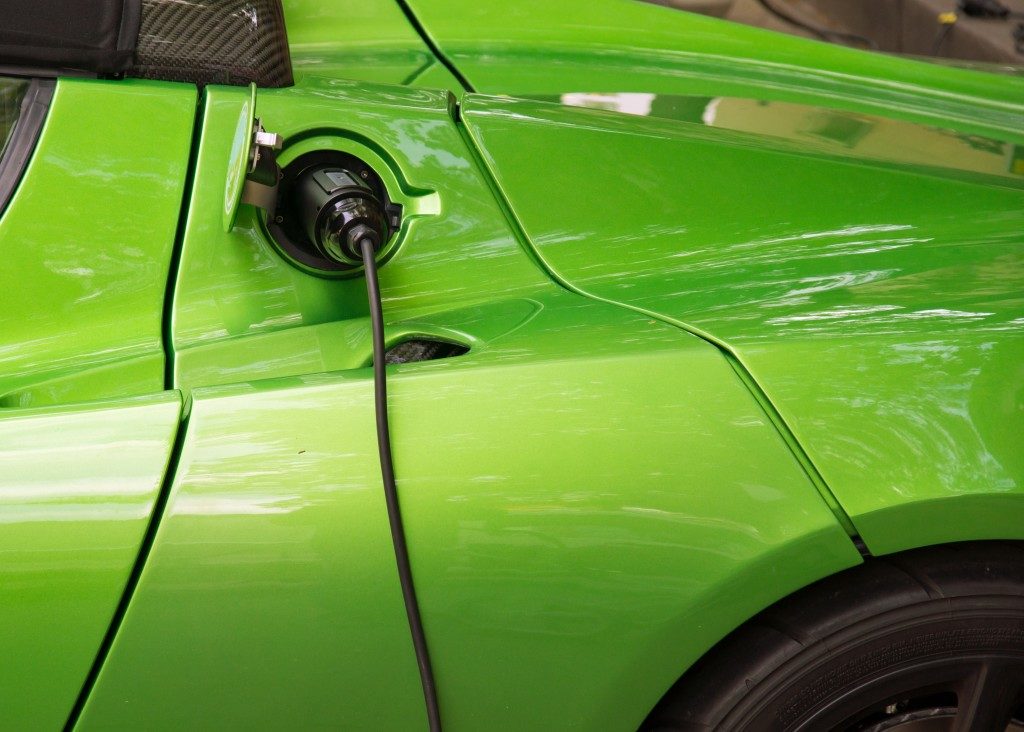New Zealand is one of the greenest places on the planet — both in appearance and energy use. New Zealand is one of the few countries in the world where an electric car makes sense, and car manufacturers are taking notice.
Electric Cars that Run on Water
New Zealand’s power production uses green energy sources like wind, solar, and hydroelectric power. Hydroelectric power accounts for 80 percent of power production, so your electric car will technically be powered by water. Unlike in most other countries, where the use of natural gas and fossil fuels make electric cars pointless; natural gas and fossil fuels (coal and oil) account for less than 2 percent of New Zealand’s energy production.
Electric vehicles are only truly green if the power used to charge them comes from clean energy. New Zealand’s clean energy production makes it an ideal place to use electric vehicles, and electric vehicles are a great way to reduce smoke and pollution in New Zealand’s streets.
Faster Cars and Better Mileage

The myth of the slow and ungainly electric cars have been put to rest. Modern electric vehicles have outperformed their gas-guzzling counterparts in almost every driving category. The mileage of fully charged electric vehicles have gone past 300 kilometers and is reaching the 500-kilometer mark. Electric cars are now faster and more maneuverable than standard cars.
Electric vehicles produce maximum torque even from a standstill, ensuring quicker and smoother acceleration. Electric cars are silent and produce no emissions; they do not add to air pollution or even street noise. A ride on an electric car is smoother and less jarring, which is of utmost importance if you’re driving with sleeping kids.
Mileage and range have been the only categories in which regular cars are superior to electric vehicles. However, most drivers in New Zealand take short trips to the office and back, and the 300-kilometer range of electric cars is more than enough.
Electric cars have also become less expensive and more available. Foreign car brands like Audi, Mitsubishi, Tesla, and many others currently have electric vehicles on display and for sale in the country.
Free Electricity with Solar Energy
Electric cars need electricity, and electricity can be quite expensive in New Zealand. An average household can spend close to $200 per month on electricity and adding an electric car could drive costs higher. Installing adequate solar panels in your home can lower or even eliminate your electricity bill, ensuring your vehicle runs on 100 percent clean energy.
A 3kW system that can power a house of 4 now costs as low as $9,000, and if you use your monthly bills to pay for your solar panels, it’ll only take four years to get fully funded. Solar panels usually perform at peak efficiency for ten years and are still quite efficient even after 20 years.
Electric cars are the future. New Zealand is aiming to completely transition to renewable energy by 2035 and reduce carbon emissions to zero by 2050. It might be a little early to switch to an electric car, but there’s no better time to help the environment than today.

